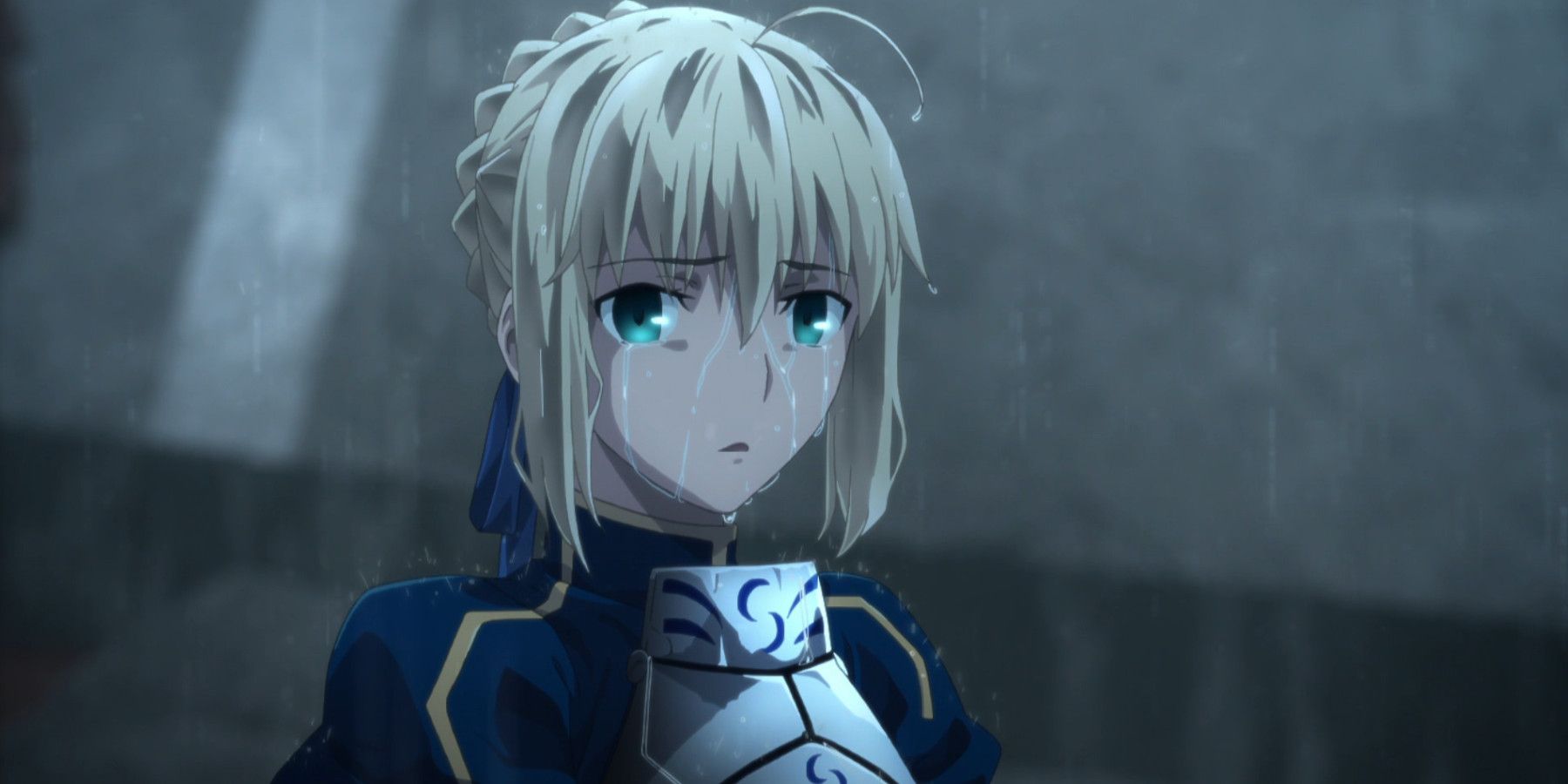
HBO Executive Allegedly Instructed Staff to Create Fake Accounts to Harass Critics, Response Follows

HBO CEO Casey Bloys allegedly instructed staff to create fake accounts and engage with critics on Twitter, as revealed in text exchanges disclosed during a legal case This incident sheds light on the company's questionable practices in handling criticism of its programming
HBO CEO Casey Bloys has responded to allegations of creating fake social media accounts to antagonize critics. During a recent HBO and Max event on November 2, Bloys apologized for his actions. He expressed his passion for the shows produced by HBO and the individuals involved in making them, stating that he wants the shows to be well-received and appreciated by viewers. Bloys admitted that during the COVID-19 pandemic, he spent an excessive amount of time scrolling through Twitter, leading him to come up with the ill-conceived idea of venting his frustration through fake accounts. Recognizing that this approach was not effective, Bloys expressed regret to those who were mentioned in the leaked emails and texts, acknowledging that they should not have been involved in a situation unrelated to them. Bloys also mentioned that in recent years, he has progressed to using direct messages (DMs) to address concerns or disagreements with reviews or other content he encounters. He appreciated the willingness of many individuals to engage in a more constructive back-and-forth dialogue. Bloys concluded by expressing his readiness to discuss these matters further during a Q&A session.
According to a lawsuit against the company, Rolling Stone reports that HBO CEO Casey Bloys instructed staff to create false Twitter accounts in order to address negative tweets about its shows. HBO has not refuted this claim.
Former HBO employee Sully Temori has filed a lawsuit against the company and several higher-ups, including Abel "The Weeknd" Tesfaye and others involved in his show The Idol. The lawsuit alleges that Temori, who worked for HBO in various positions from 2015 until being laid off in 2021, experienced harassment, discrimination, and retaliation after disclosing a mental health diagnosis. Temori further claims that he was forced to perform irrelevant tasks, such as creating fake accounts to respond to critics.
Text messages exchanged between Temori and Kathleen McCaffrey, HBO's senior vice president of drama programming, reveal McCaffrey seeking Temori's assistance with Twitter. McCaffrey explains that the then-president of HBO's original programming, Bloys, had a strong fascination with Twitter and consistently sought confrontations on the platform. McCaffrey asks if it is possible to create an anonymous account that cannot be traced back to HBO, in order to fulfill Bloys' requests.
The lawsuit materials highlight several specific incidents. In one instance, Bloys expresses his frustration with Alan Sepinwall's negative review of Joss Whedon's critically criticized show, The Nevers. McCaffrey, in a text to Temori, mentions that Bloys is searching for someone to respond to Sepinwall on Twitter. McCaffrey suggests that their secret operative tweet at Alan's review with the message: "Alan is always predictably safe and scared in his opinions." Additionally, they discuss the need to delete this conversation. McCaffrey concludes with a light-hearted remark, expressing being scared.
McCaffrey's exact wording from the text was posted as a reply to Sepinwall's initial tweet and can still be seen. The reply was made by an account called "Kelly Shepherd," which was created shortly before the tweet was sent. This account has very limited activity, with only four replies sent, all defending HBO shows in response to critical tweets.
Rolling Stone's article lists several other similar incidents, many of which involve tweets that are still accessible and viewable today.
According to reports, Bloys had his staff respond to negative comments made by commenters on Deadline articles in order to defend himself and the company. One specific comment that seemed to anger him was posted on Deadline's announcement of Bridget Everett's series Somebody Somewhere, which stated that HBO had declined since Michael Lombardo, the former president of programming, left. In a text message, Bloys referred to David Levine, the former co-head of drama at HBO who left the company in 2019, and asked if their friend could comment, saying, "Hi David Levine! HBO seems just fine thanks!" The same comment still appears on the article.
When queried by Rolling Stone for a comment, HBO did not contest the authenticity of the texts or tweets. Instead, they simply stated that HBO would refrain from "commenting on specific conversations among programmers and occasional tweets."
Editor's P/S
HBO's alleged creation of fake social media accounts to harass critics is a disturbing revelation that sheds light on the lengths some companies are willing to go to in order to silence dissent. The fact that HBO CEO Casey Bloys was allegedly involved in this scheme is particularly troubling, as it suggests that the practice was condoned at the highest levels of the company.
It is important to hold HBO accountable for its actions and to ensure that this type of behavior is not tolerated in the future. HBO should issue a public apology and commit to never using fake social media accounts to harass critics again. The company should also review its policies and procedures to ensure that this type of behavior does not happen again.
HBO's actions are a reminder that we need to be vigilant in protecting our right to free speech. We must not allow companies to silence us simply because they do not like what we have to say.













